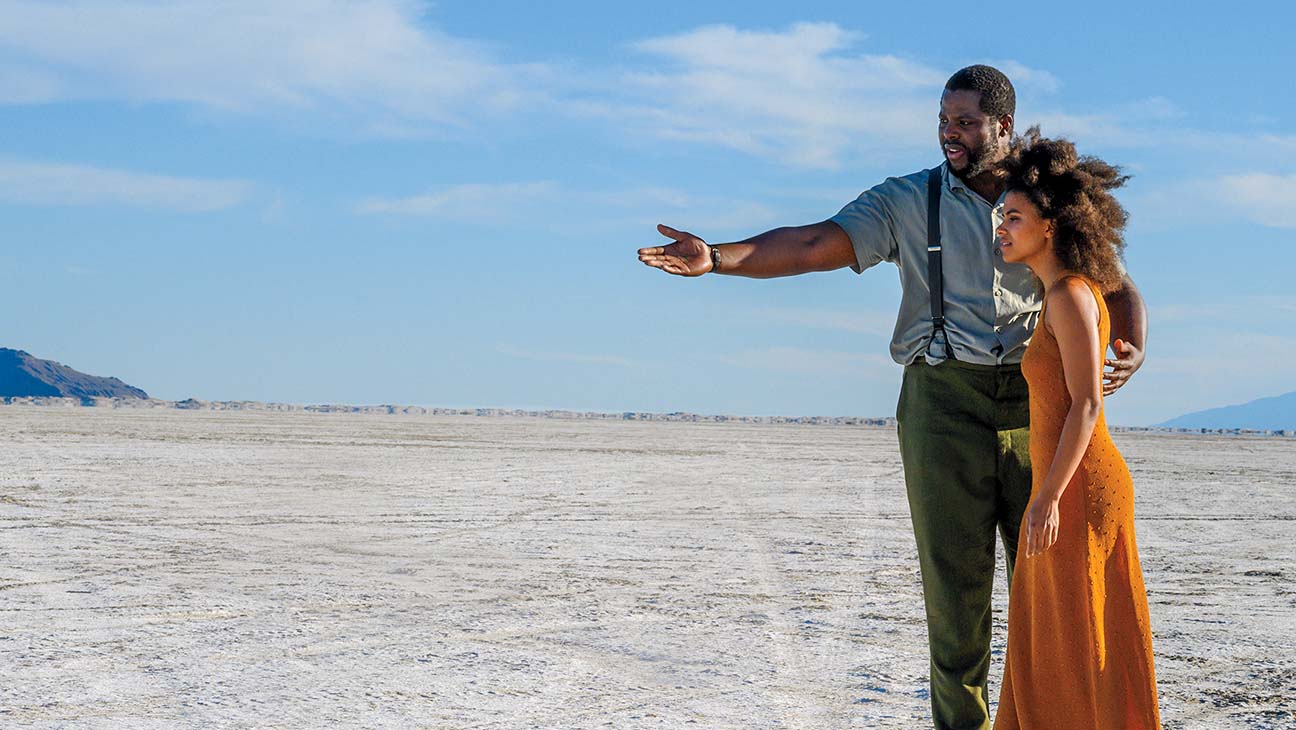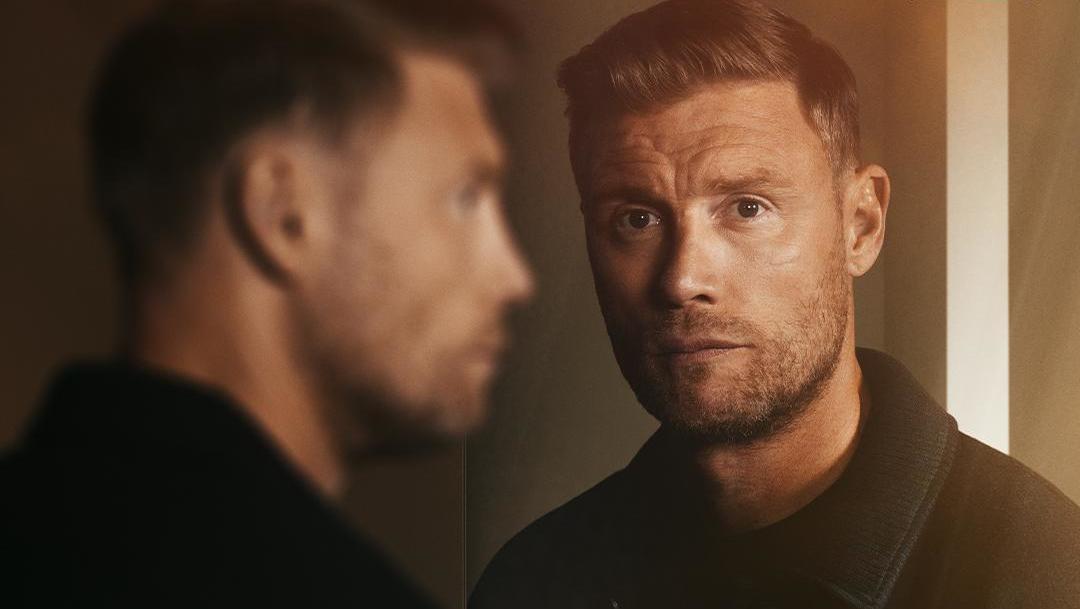What to Watch Verdict
Don’t go in expecting to fall in love with a whole new world, but maybe you’ll feel a little bit more uplifted about the one you live in.
Pros
- +
🌞 The premise is novel, and the humanism of its themes is heartfelt.
- +
🌞 Winston Duke is a standout among a cast full of talent.
Cons
- -
🌞 The ultimate philosophical discussion is a bit shallow.
To preface, it is a good thing to incorporate expansive thought experiments into stories that primarily serve as character vehicles. It keeps low-budget and independent cinema from being confined by the constraints of reality while testing the novel methods by which writers and filmmakers can bring larger-than-life ideas to life. So it’s not a pleasure for me to ultimately come to the conclusion that writer-director Edson Oda’s Nine Days is more than a little pretentious. It has an engaging premise, but it never feels fully capitalized upon as it constrains its drama to one-on-one conversations in a few rooms of a single location. That said, the performances on display more than make up for the film’s disinterest in its own metaphysics.
Will (Winston Duke) is a judge of unborn souls who spends his days in literal limbo, a singular house in the middle of a vast desert. He watches the first-person perspectives of his selected souls on television screens and records their important moments in evaluation of whether he made correct choices in sending these souls to Earth. When one of his charges apparently commits suicide in spite of a promising life as a concert violinist, Will becomes obsessed, trying to determine what he missed and whether he was wrong to pick this soul in the first place. Meanwhile, he must select a new soul to be born to fill the vacancy, so new intelligences come to his house to visit over the course of nine days, to observe life-to-come, and hopefully be selected for the vibrancy of life, rather than fade into oblivion.
This cast is ultimately what sells the film, from the supporting roles right on up to the leads. Bill Skarsgård is a stony frontrunner whose disposition towards the atrocities of the world matches with Will’s rattled convictions. Tony Hale brings his trademark comic discomfort to a soul whose aversion to bad times is a test to be overcome. Benedict Wong’s Kyo is not a candidate, but a wandering soul who did not disappear after failing to be born, and his theatrical charisma steals the show in more than a few scenes where Will’s dour disposition threatens to overtake.
Don’t let that convince you that Will isn’t a compelling character. Far from it, Winston Duke brings layers to the character that are only ever hinted at in dialogue but make for a tragic protagonist on a journey of self-discovery, even as he doesn’t realize it. And that personal realization would not be possible without the impetus of Zazie Beetz’s Emma, a somewhat unruly soul whose unwavering determination of people’s goodness stands in stark opposition to Will’s certainty that only the strong can survive a life worth living. As written, the character threatens to tip too far into dream girl territory, since this one woman is the direct cause for Will’s growth without any comparable evolution of her own arc, but Beetz sidesteps the issue by discarding whimsy in favor of muted concern over why Will does not share Emma’s progressive optimism. Their conversations are the key to unlocking the philosophical core of Nine Days, and the give and take between them is perhaps the single most compelling reason to see the film.
Because therein lies the rub. Though the characters and performances make the experience worth having, Nine Days is not nearly so perceptive about the human condition as its intricate setup might imply. Not only does the film rely on Will’s solitude to painstakingly set its stage in a drawn-out first act, but its conclusions about what makes life worth living are almost rote in light of how far the film has to go to reach them. While this isn’t the sort of film where I would advocate exploration of the logic of its world-building – we really don’t need a further romanticized take on the theoretical pre-lives of unborn souls – the high concept of this premise is begging for more of a hook than the simple drama it portends to, regardless of how elevated it becomes in the hands of gifted actors, and especially when its main insight could be condensed to a Hallmark card.
Nine Days is not so convincing in its thesis as to push its audience to a new outlook on life, but it does manage to be enthralling for the characters whose potential lives and unlives remain in the balance. Don’t go in expecting to fall in love with a whole new world, but maybe you’ll feel a little bit more uplifted about the one you live in.
Leigh Monson has been a professional film critic and writer for six years, with bylines at Birth.Movies.Death., SlashFilm and Polygon. Attorney by day, cinephile by night and delicious snack by mid-afternoon, Leigh loves queer cinema and deconstructing genre tropes. If you like insights into recent films and love stupid puns, you can follow them on Twitter.












